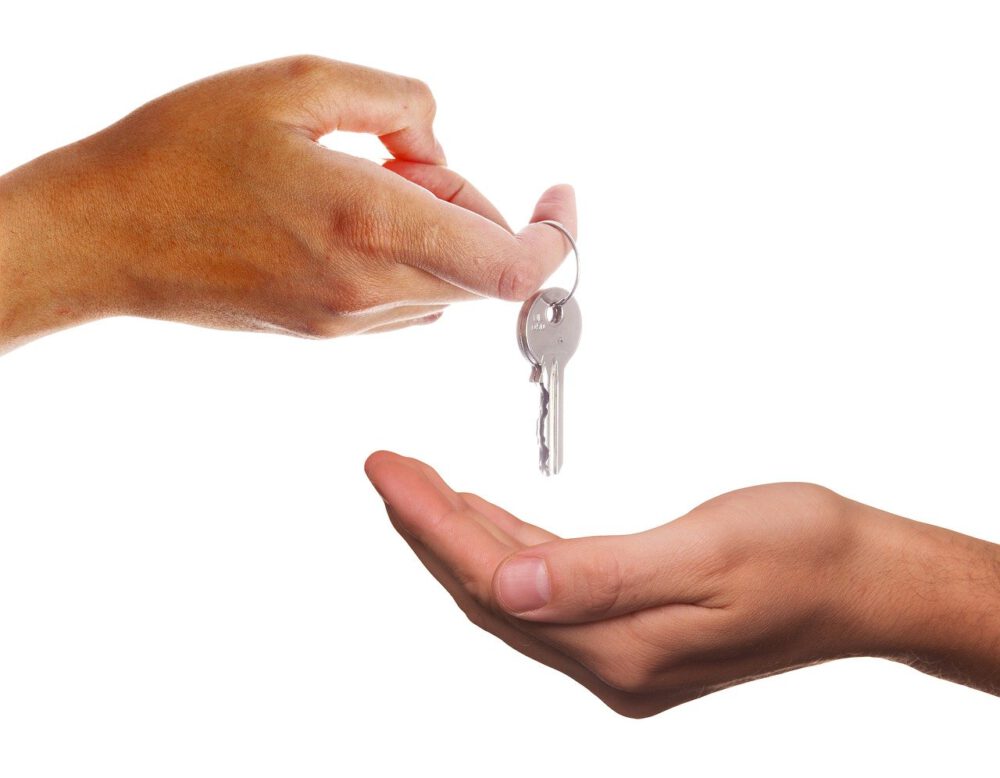Quick Contact!
For the fastest reply, call us at (678) 635-5429.
Mailing Address
1113 Ivey Brook Drive
Bethlehem, GA 30620
Monday – Friday: 8 am – 4 pm
Saturday & Sunday: Closed
Quick Contact!
For the fastest reply, call us at (678) 635-5429.

Are you a renter asking who would be responsible in case HVAC repairs are needed? Well, that is a question best defined in the terms of the rental or lease agreement. If there is an issue with the heating, ventilation, or air-conditioning systems, read over your rental agreement and contact your landlord.
Hopefully, your rental agreement is straightforward. However, depending on the circumstances, the contract language can be quite confusing. Commercial properties and residential homes are most likely approached in different ways. Let’s take a look at what those differences might be.
When renting or leasing a house, the rules are similar to commercial properties. But, often, residential leases are shorter. The landlord will usually care for the larger systems in the house, including HVAC repairs. In most cases, the landlord will provide the maintenance service plans, but the tenant is responsible for changing out filters and scheduling the service.
Maintaining the property in the condition in which received is the renter’s part of the agreement. Making sure the unit gets service twice a year and the filters are replaced every month to 3 months is vital to the home’s health. Most landlords appreciate renter’s proactive reminders when service is due. When a renter is keeping up with the property, the relationship between renter and landlord is more favorable.
If you read the fine print in the rental contract, you will know what is and is not your responsibility as a renter.
In commercial leases, the contract becomes even more critical to the relationship between tenant and landlord. The expectations should be clearly defined in that contract and agreed upon in the beginning stages of lease negotiations.
If the HVAC system installation was before the tenant moved into the building, the system should receive an inspection. Then the expectations can be made clear from the get-go. Here are a few things to consider when determining responsibility:
In a large retail building or plaza, for instance, the AC unit may serve multiple tenants. Then the system belongs to the landlord to protect the entire portfolio of clients. Again, the landlord should include the maintenance and service expectations in the language of the lease.
Requiring regular service, cleanings, filter changes, and proof of inspection are often in this type of agreement. Typically, the landlord would pay for the costs of the initial service maintenance agreement. The landlord would then apply the value of the entire building’s monthly maintenance fee divided among the tenants.
Should the landlords HVAC system only serve one unit at a time, the tenant should take responsibility for getting a maintenance plan and the cost incurred to keep up with the system. In this case, the contract’s language should spell out the charges for misuse, abuse, or lack of care for the unit. If a tenant is negligent, the tenant should assume responsibility for the HVAC repairs.
In a good tenant/landlord relationship, the tenant will maintain the system correctly, and the landlord will follow the terms laid out in the initial lease contract.
As mentioned several times in this article, the contract’s language is vital to the initial lease negotiations. Both landlord and tenant should agree upon their part of the responsibility for the HVAC unit and other parts of the building.
Pro tip: Handle all commercial leases through an attorney to ensure intent is clear for both parties.
What happens if a contract is ending? The landlord is then responsible for determining the level of adherence to the contract terms by the tenant and the time remaining on the lease agreement.
An adequately maintained unit should be to the benefit of the tenant. Should the system need repair at the end of the lease, the repair costs can be pro-rated by the landlord. If the lease contract never assumed any responsibility on the tenant’s part, the landlord will want to replace or repair the unit with the new tenants in mind.
Anytime you go into a contract with someone, you are hoping for a positive experience. Having a well-written contract helps keep that good relationship between tenant and landlord. All home or building systems should be clear with the language of expectation in the agreement.
The way responsibility reads in the lease agreement will be the way the unit receives repair. Make sure you read all paperwork before entering into any financial contract.
So, if you want to know who is responsible for HVAC repairs in a lease agreement, it’s all in the paperwork!
Should you need repairs, the experts at Georgia Home Remodeling are here to help both landlord and tenant.
If you own a rental property, this article offers expert advice on renovating, installing, and other essential property upkeep tips.
Georgia’s Home Renovation & Remodeling Specialists